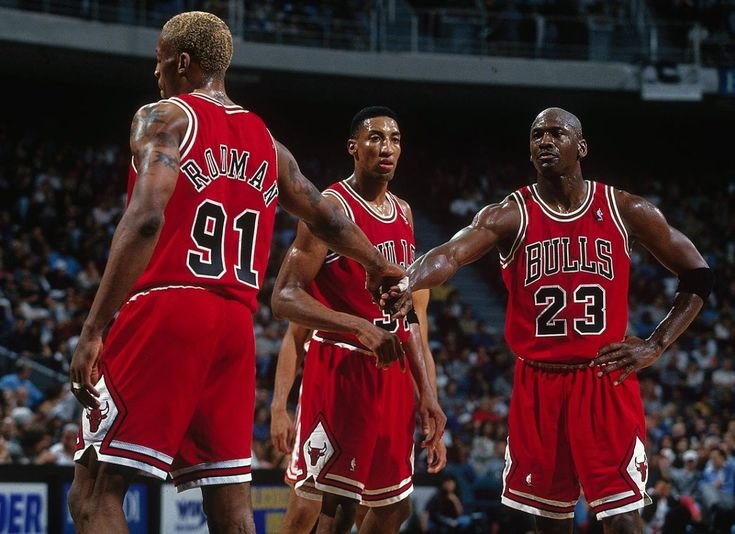We often say that leadership does not have to be a lonely place. We connect with other leaders doing great work in our organizations, family, friends, and teammates we work alongside. One of those teammates, inevitably, can be our team captain. And team captains are a force multiplier for any team. Find your team captains and empower them to lead.
Team captains lead on the ground, closest to the action. Coaches can only go so far. Phil Jackson needed Jordan, and then he needed Kobe. Andy Reed needs Patrick Mahomes. Bill Belichick needed Brady, and fell apart when he left.
Team captains are critical because the coach's perspective goes only so far; it stops when the cleats hit the grass, and we get popped in the mouth by a tailback. This is not to say the coach is wrong or out of touch, but the coach’s perspective isn’t immediate. Coaches don’t experience the pressure of the plays, the pain of the tackles, or the need to find that extra gear in the open field, but captains do.
In sports, the team captain forges the bridge between theory and practice, strategy and action. And it’s the same in business. As much as we love to feel like flat teams, when we lead teams, departments, or divisions, we are far more like coaches than captains. We direct the plays, not take the snaps. Our people are out there taking the hits and running the routes, and we need to respect that and work with it. We need to find our team captains and empower them.
A team captain can reach the team in ways we cannot because they can relate in real-time. Policies, platforms, and procedures change often and though we can relate and encourage our teams to deploy them, most often, our individual contributors are the ones who must actually apply the effort. Healthcare organizations get new electronic health record (EHR) platforms that must be adopted, sales organizations onboard new customer relationship management (CRM) platforms that must be used, and warehouse staff onboard new safety protocols that must be adhered to. These examples and many more require teammates closest to the action to change. And the director's words only carry so far.
After a while, when the changes get real real, the leader’s words get further and further away from the effort required to maintain the momentum. That’s when we need our team captains to step up and lead from the front. They know exactly what their teammates are going through and can help inform the leader's expectations while driving the desired change. They can demonstrate that it can be done when it’s hard and when it’s hard to see the value and show others on the ground where that value can be found.
“If everyone is moving forward together, then success takes care of itself.”
I saw this a lot in sales when I carried a bag. I was fortunate to have a team captain who showed me how to do the job when it felt impossible. Our team captain, Matt, showed me how to get back up every time I got the door slammed in my face. We would talk on the phone while driving to our next call points (he in Georgia and I in Alabama). Once we’d arrive, we’d hang up, head in, and text when we got out. Sometimes, there’d be a cheerful result; oftentimes, there’d be another obstacle to a sale. Every time, Matt would be there on the other side.
He showed me that I wasn't alone. He checked how the call went and encouraged me to learn, pick the next call, and drive on. He showed me how to do the job by running the plays with me—getting the same rejections, facing the same obstacles, and learning right alongside me. And his words carried a lot of weight because I knew we were in it together. This was no abstract concept to Matt, it was the real, hard work required to achieve the goal, carrying a weight that my Sales Director's words could not.
I learned to embrace that when I became a Sales Director myself. I looked for team captains who could speak to our teammates in ways I could not. I accepted the fact that sometimes, the words are better from a captain than a coach. And that’s really the whole point in one sentence. Sometimes, the message comes better from a captain than a coach, so let’s empower our captains to lead with authority in order to achieve our goals.



